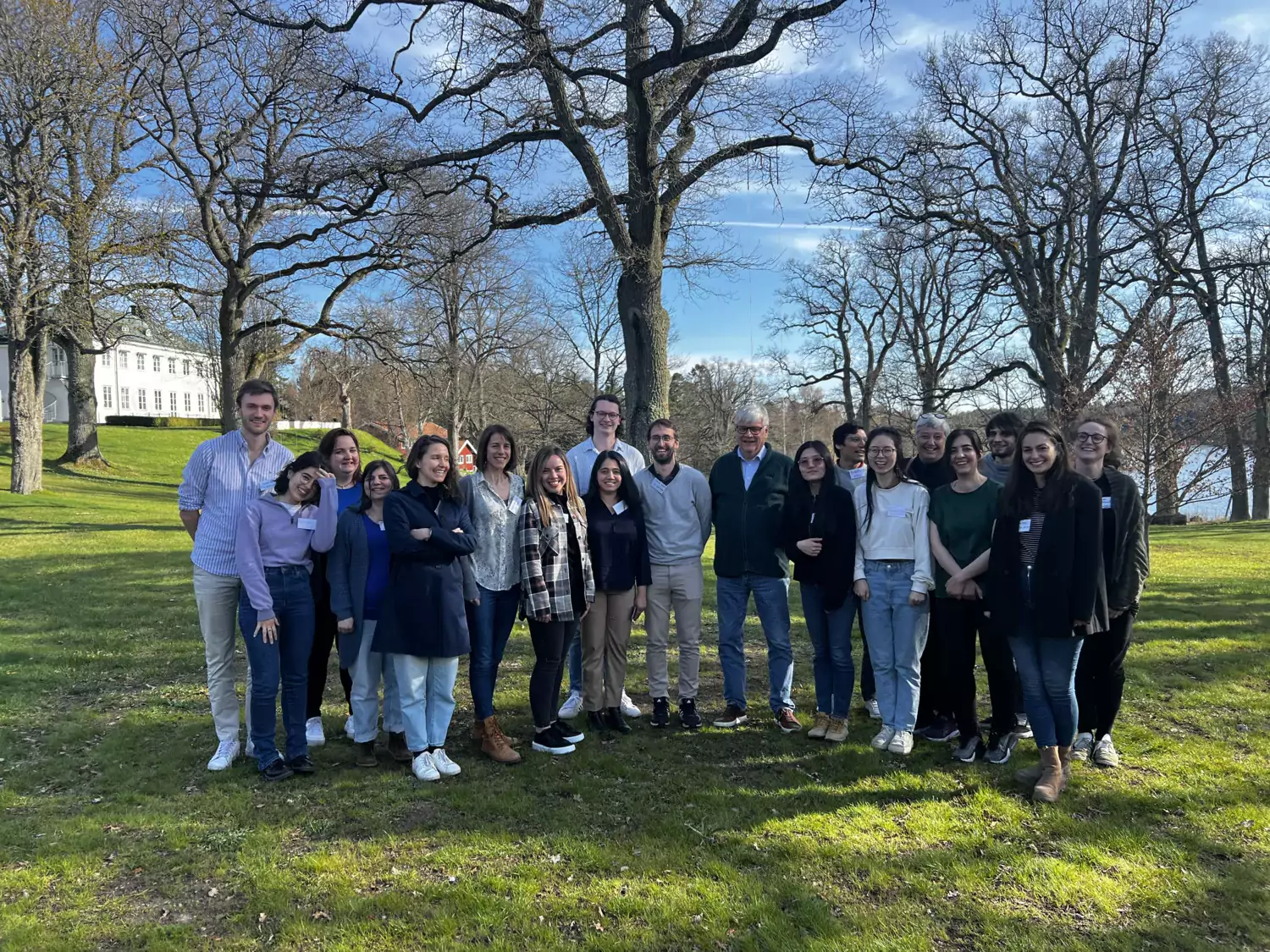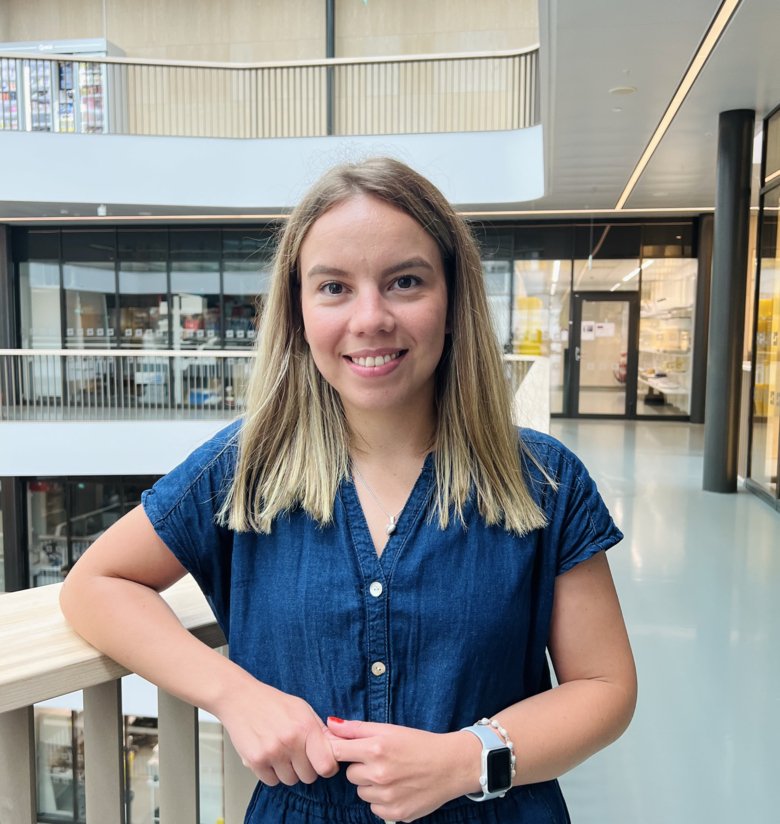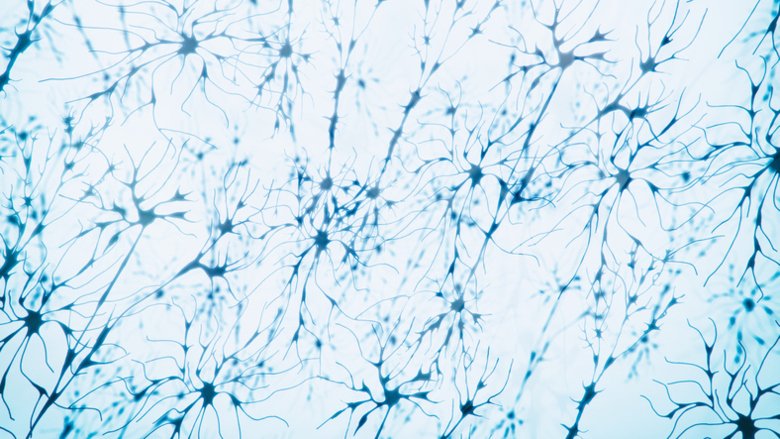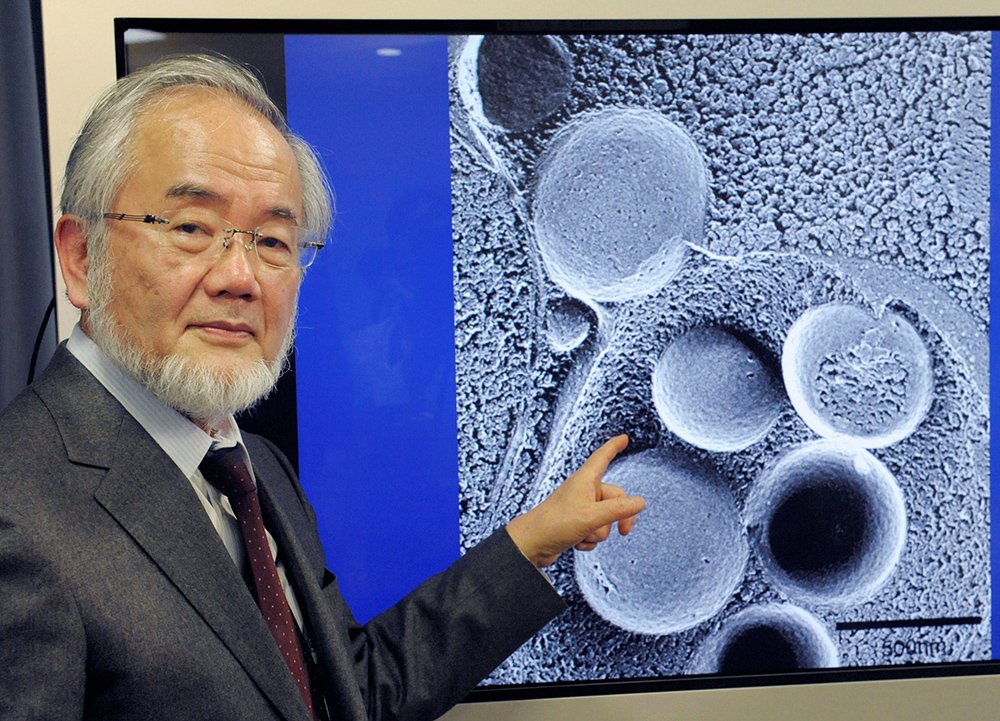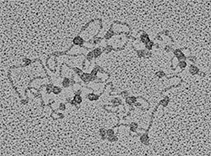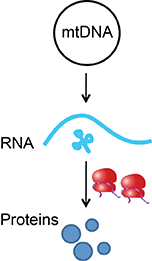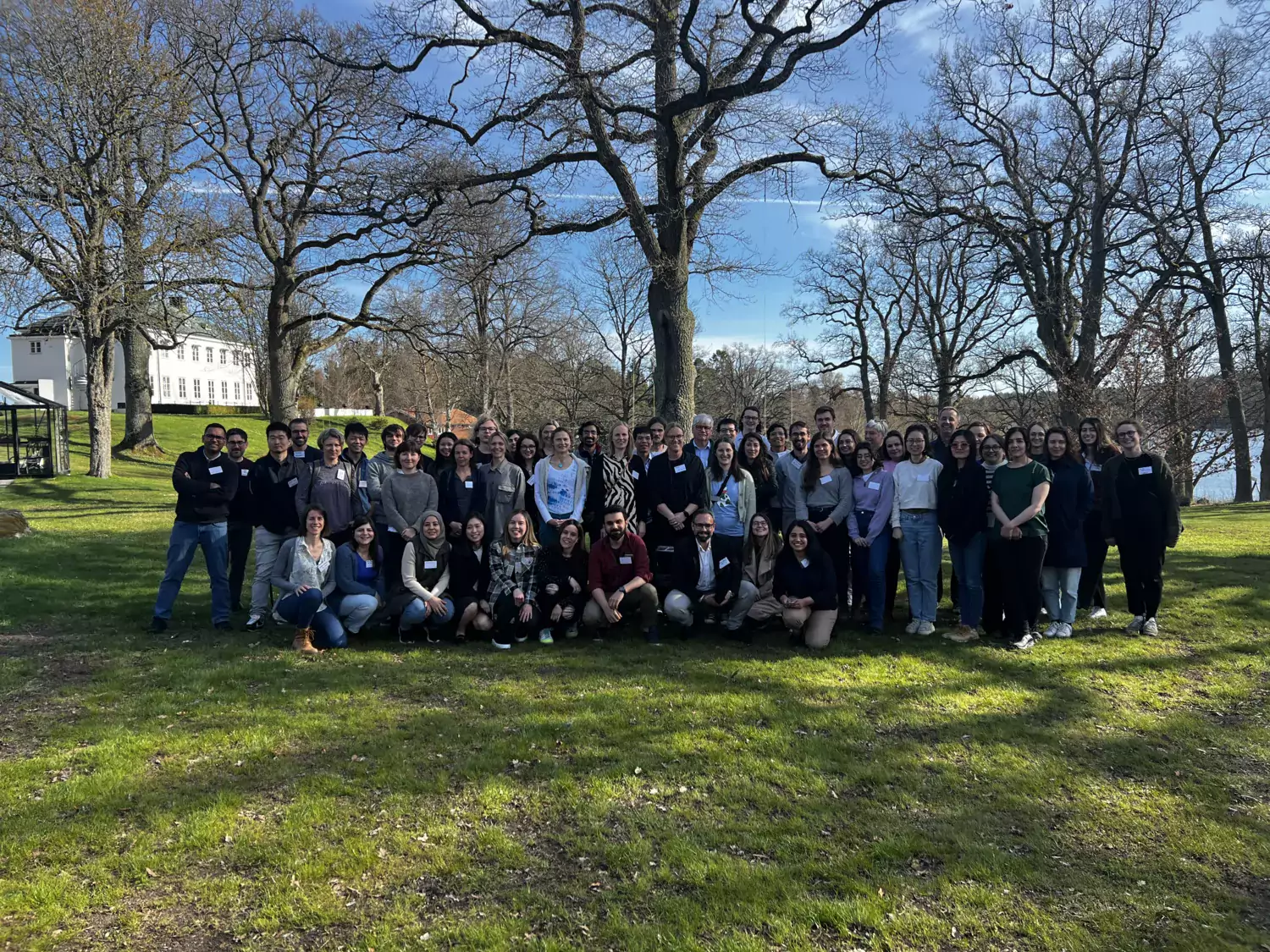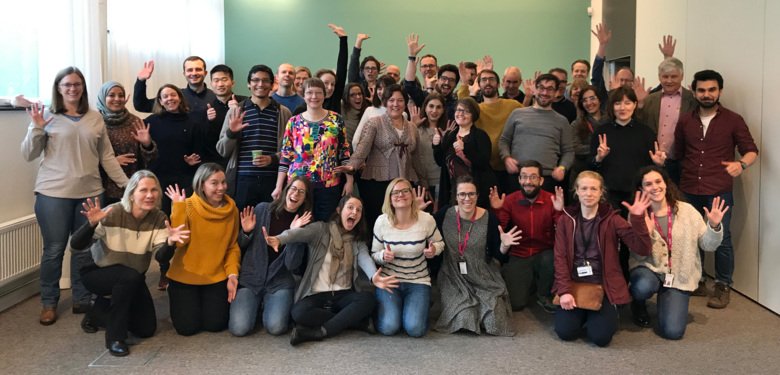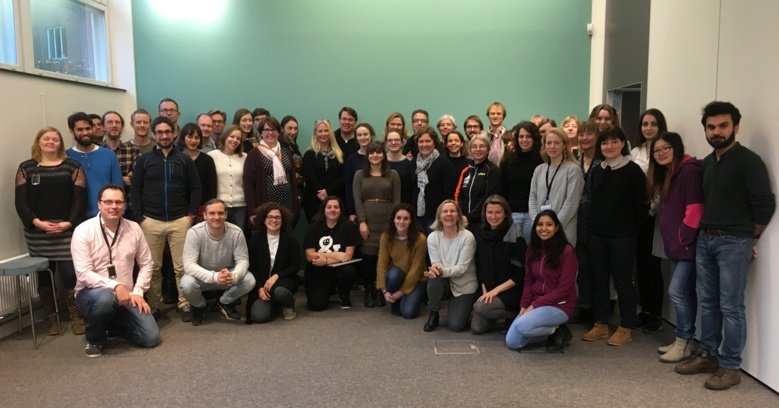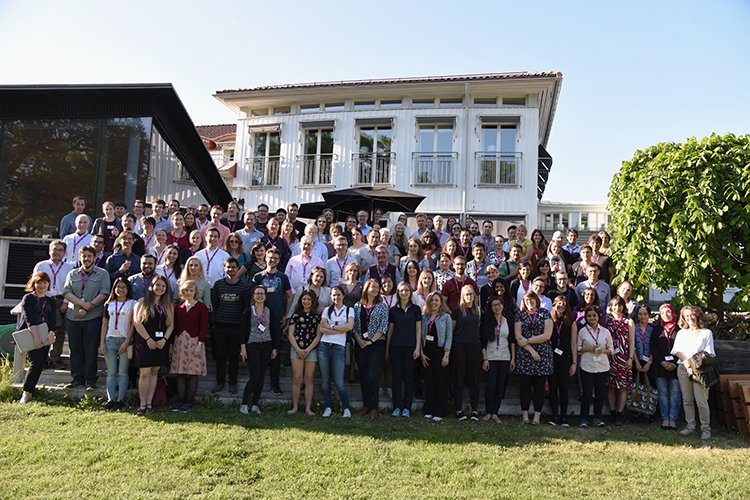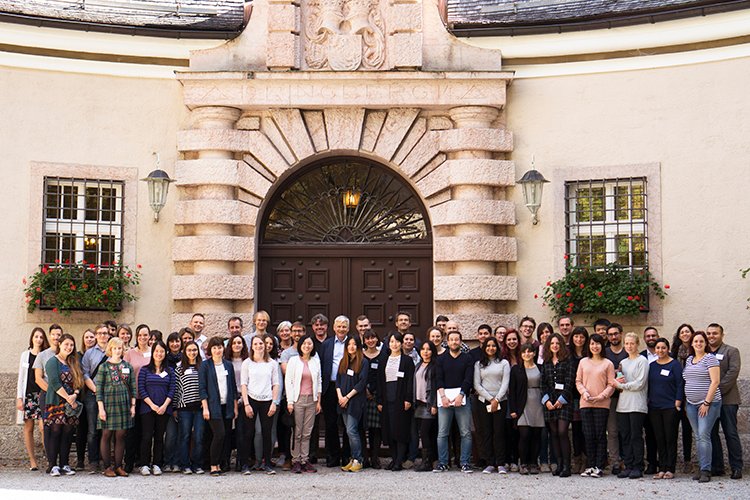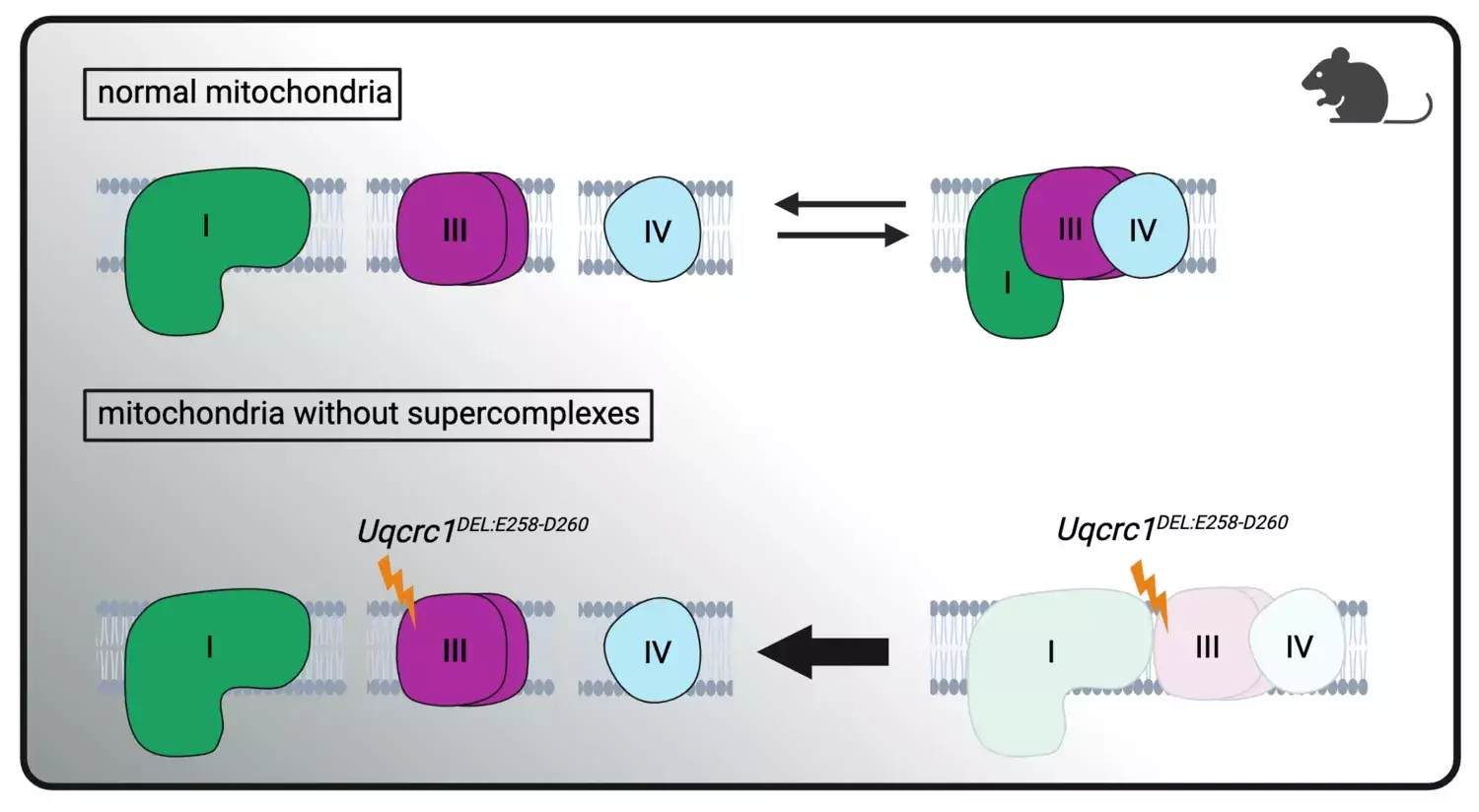 Photo: Nils-Göran Larssons labb
Photo: Nils-Göran Larssons labb
New study questions the role of supercomplexes in metabolism and disease
A new study published in Cell Metabolism by the research group of Professor Nils-Göran Larsson, at the Department of Medical Biochemistry and Biophysics, Karolinska Institutet, shows that so-called supercomplexes have no major role in cellular energy production and that altered levels therefore are unlikely to affect physiology and disease.

